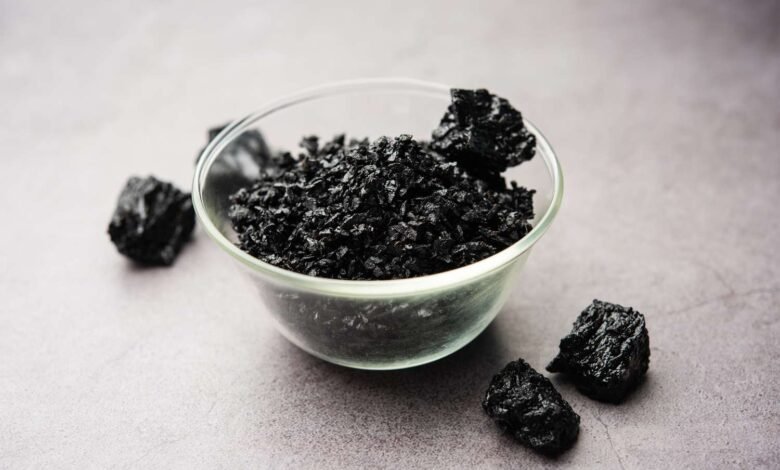Who Should Avoid Shilajit Due To Possible Side Effects?

Shilajit is known especially because of its many health benefits, including increasing energy and improving the brain. Nevertheless, not all people can consume it. Taking shilajit can cause unwanted effects or complications in some people. It is very important to know who should not use this supplement in order to avoid the undesired silajit side effects.
Those Who Have Pre-existing Health Conditions
Individuals who have issues with the heart must take caution with shilajit, which is known to reduce blood pressure. This can be lethal to those on hypertension medicines or treatment. Patients with iron-related disorders like hemochromatosis, thalassemia or sickle cell anemia ought not to take shilajit as it contains high levels of iron.
Shilajit can increase the level of uric acid, which explains why individuals with gout will experience worsening. Moreover, patients having autoimmune infections such as lupus, rheumatoid arthritis, or multiple sclerosis may have worsening of their symptoms, because shilajit may activate the immune system. People with hypotension or kidney problems should avoid taking it, too, because low blood pressure or overload of minerals may be dangerous to their well-being.
Breastfeeding and Pregnant Women
Little research has been done related to the harmfulness of shilajit in the course of pregnancy or breastfeeding. To reduce the risk of exposing mother and child to harm, it is highly recommended that expecting and lactating mothers completely avoid the use of this supplement.
How it reacts with Other Medicines
Certain medications interact with Shilajit, posing risks to patients. Patients taking diabetes medications like insulin or metformin could run the risk of having extremely low blood sugar levels. Those taking blood pressure medication may experience a lowering of their blood pressure to an undesirable level. Shilajit should also be stopped at least a fortnight prior to any planned surgery in order to prevent difficulties with blood sugar or clotting.
Common Side Effects and Precautions
New users tend to experience digestive malaise in the form of nausea, bloating, or diarrhea. These problems could be minimised by taking shilajit with food and with a low dosage. Since shilajit is somewhat stimulating, it should be taken in the morning and not at night, to avoid insomnia or sleeplessness.
The shilajit quality could be of poor quality or even contaminated (high content of other toxic elements). It is important to select the products of high quality and laboratory tested and purified. Excess use can also result in hormonal disturbances, particularly in individuals with thyroid or endocrine sensitivities.
Moreover, shilajit may have an effect on other mixed supplements, including ashwagandha or multivitamins; therefore, the doses should be spaced and speaking with a medical practitioner is advisable.
With Ask Ayurveda, you have the best advice on safe use of shilajit, trusted and lab-tested brands of shilajit and custom advice. Their site introduces clients to certified Ayurved experts who will help them become acquainted with the supplement and ensure no adverse relationships and effects on customers. With the help of these services, people can be confident about the inclusion of shilajit in their multivitamin schedule without endangering their health.
Conclusion
Shilajit can be of immense help, but not to all people. It is not good for those who have a pre-existing condition, pregnant or breastfeeding women, and those taking specific medicines. It is important to consult a healthcare expert and use lab-tested, purified items to avoid the side effects.
Ask Ayurveda helps its consumers to make safe and informed choices by obtaining the knowledge and resources necessary to get the best wellness outcomes.




